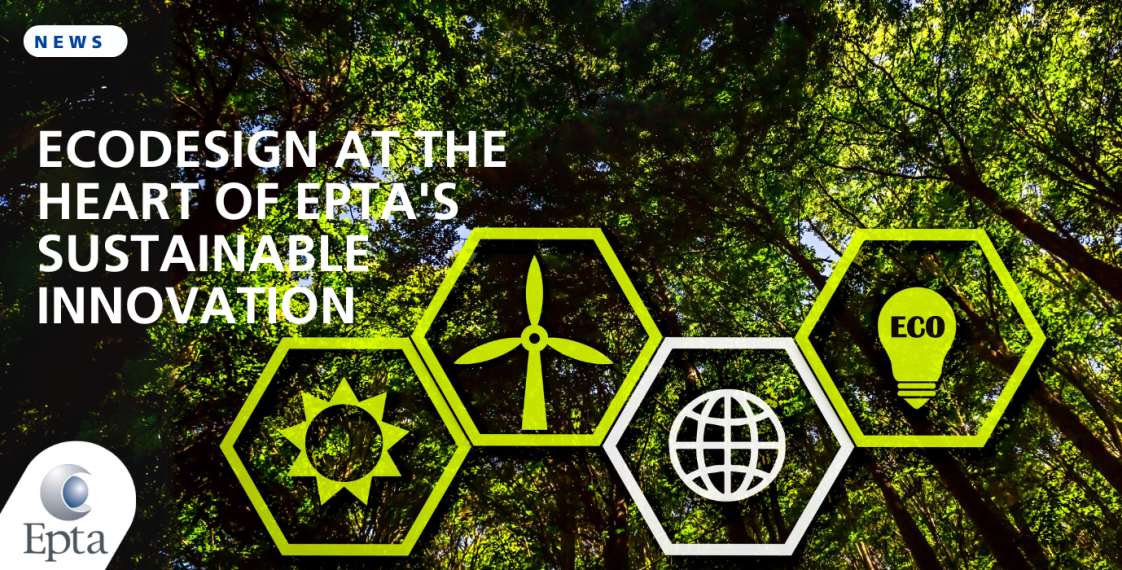ECODESIGN AT THE HEART OF EPTA SUSTAINABLE INNOVATION

Epta has always identified eco-compatible design as one of the cornerstones of the Sustainable Innovation of the Group, in full compliance with the regulations of the European Union which define minimum requirements not only in terms of energy efficiency but also of circularity, also for the commercial refrigeration sector.
European institutions are currently developing more delegated, sector-specific implementing regulations to minimise the overall climate footprint of the products. This is to optimise the environmental performance of the solutions placed on the market, lengthening their useful life, focusing on the efficiency and use of recycled raw materials.
EPTA IS COMMITTED FOR AN INCREASINGLY EFFICIENT SECTOR
Epta renews its commitment for an increasingly efficient sector, investing daily in the development of solutions compliant with the most recent legislation and increasingly improved in terms of duration, repairability, ease of maintenance, disassembly and recycling, as well as featuring increasingly better energy performance.
Ecodesign confirms itself as a direction of development and strategic innovation to minimise greenhouse emissions and the energy consumption of all its solutions.
Results also highlighted by the Ecodesign Impact Accounting Overview Report 2023, which shows how, for the commercial refrigeration segment, the introduction of Eco design and Energy Labelling rules, if compared with the BAU – Business as Usual scenario, allows an exceptional reduction of 16Twh/year of energy consumption (out of a total of 52TWh/year in in 2020), namely 30%, achieved at the same time as an expected increase of 8% in the appliances installed.
This reduced energy consumption translates into a reduction of CO2 emissions from 20 Mt to 12 Mt of CO₂ equivalent in the 2010-2020 period, with the commitment of reaching 4 Mt by 2030 for the sole indirect emissions, namely those associated with the energy consumption of the appliances during use.
This is accompanied by an obvious cut in direct emissions thanks to the use of natural refrigerants, as provided for by the New European Regulation (EU) 2024/573 on fluorinated gases in force since 2024.
Epta tackles such challenges every day, with the awareness that efficiency and environmental sustainability are not only indications of mere regulatory compliance, but a fundamental component to create shared value and promote circular economic models.